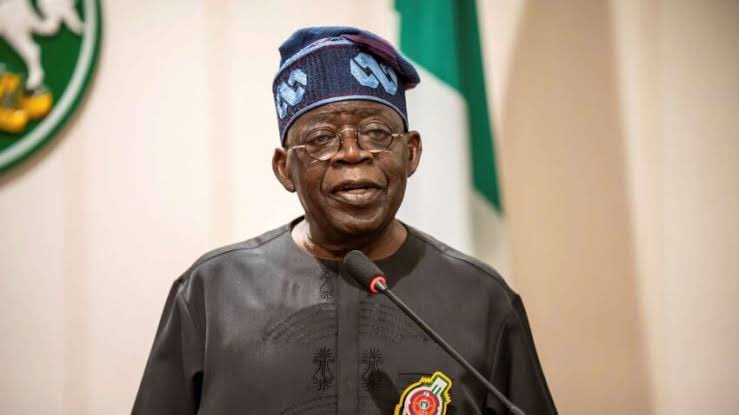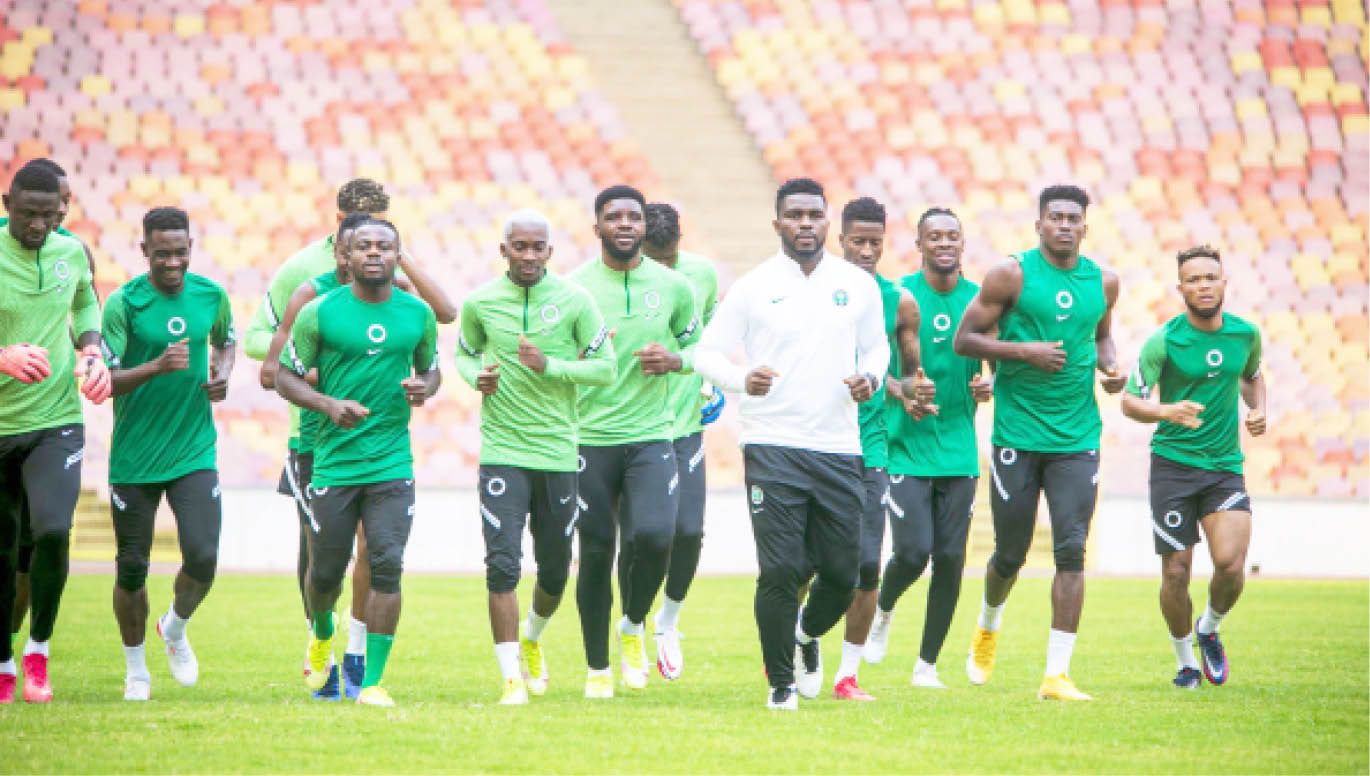
Tinubu’s Push for State Police: Can Nigeria Balance Security and Politics?

Nigeria’s security crisis has taken on new urgency under President Bola Ahmed Tinubu, whose renewed push for the creation of state police has set the nation buzzing with both hope and caution. From the bandit-ravaged northwest to the insurgency-stricken northeast, Nigerians are grappling with threats that have long exposed the inadequacy of a centralized security structure.
Despite the Nigeria Police Force boasting 371,800 officers as of 2021, the figure remains a mere drop in the ocean for a country of over 200 million people, a fact underscored by the World Bank’s 2023 report detailing the widespread scale of insecurity.
Tinubu’s proposal arrives with the promise of localization—an opportunity to tap into the knowledge of communities and craft a force more attuned to Nigeria’s vast ethnic, cultural, and geographical diversity. In theory, state police could break the chokehold of a centralized system that too often leaves rural towns waiting helplessly for reinforcements from Abuja while armed men terrorize villages. But as history reminds Nigerians, decentralization of law enforcement is a double-edged sword. In 1989, military ruler Ibrahim Babangida abolished the Police Service Commission in a bid to tighten central control, a move that many analysts now say exposed the dangers of concentrating too much authority in one place. Tinubu’s suggestion, while promising, reopens old wounds about how much power can be entrusted to local governments already entangled in political rivalries.
The stakes are high. A 2020 study published in the Journal of African Law offers a glimmer of possibility, citing Kenya’s experiment with decentralized policing, which improved response times by 35% in rural communities. But the same study was quick to warn that success was only possible because of stringent accountability mechanisms that curbed abuse of power. Nigeria, on the other hand, has yet to demonstrate that same level of institutional discipline. Tinubu himself has admitted the danger of politicization, warning that state-level leaders could easily transform police forces into private armies for silencing opponents rather than defending citizens.
And yet, for many Nigerians, the alternative feels worse. Villagers in Zamfara, farmers in Benue, and commuters in Borno have lived under the terror of bandits, herdsmen clashes, and insurgents who exploit the state’s slow security response. Each attack becomes not only a human tragedy but a reminder that a centrally commanded force cannot stretch across such a vast and fractured landscape. State police could, in theory, mean that hunters in a local forest are deputized into formal security structures, or that police officers who speak the native language of a village can more effectively gather intelligence than outsiders flown in from hundreds of miles away.
Still, questions loom large. Will governors use their new power responsibly, or will they deploy armed officers to intimidate political rivals and suppress dissent? Will the funding for state police forces come from already cash-strapped state budgets, or will Abuja retain a financial leash that renders decentralization meaningless? Critics argue that without constitutional clarity and ironclad accountability, Tinubu’s reform risks replacing one form of inefficiency with another form of abuse.
The urgency of the debate lies not just in statistics or studies but in the blood and fear that ordinary Nigerians live with daily. The country is at a tipping point where the existing security framework has clearly failed, but the alternative could open new avenues for exploitation. Tinubu’s balancing act is a delicate one: offer states the tools to protect themselves while ensuring that those tools are not turned against the very citizens they were meant to serve.
What is clear is that the idea of state police is no longer a theoretical conversation in policy circles—it is a pressing national issue tied to survival, dignity, and governance. Whether Tinubu can marshal the political will to build accountability structures robust enough to withstand Nigeria’s notorious culture of impunity will determine if his proposal becomes the turning point in Nigeria’s war against insecurity, or just another footnote in a long history of promises unmet.


